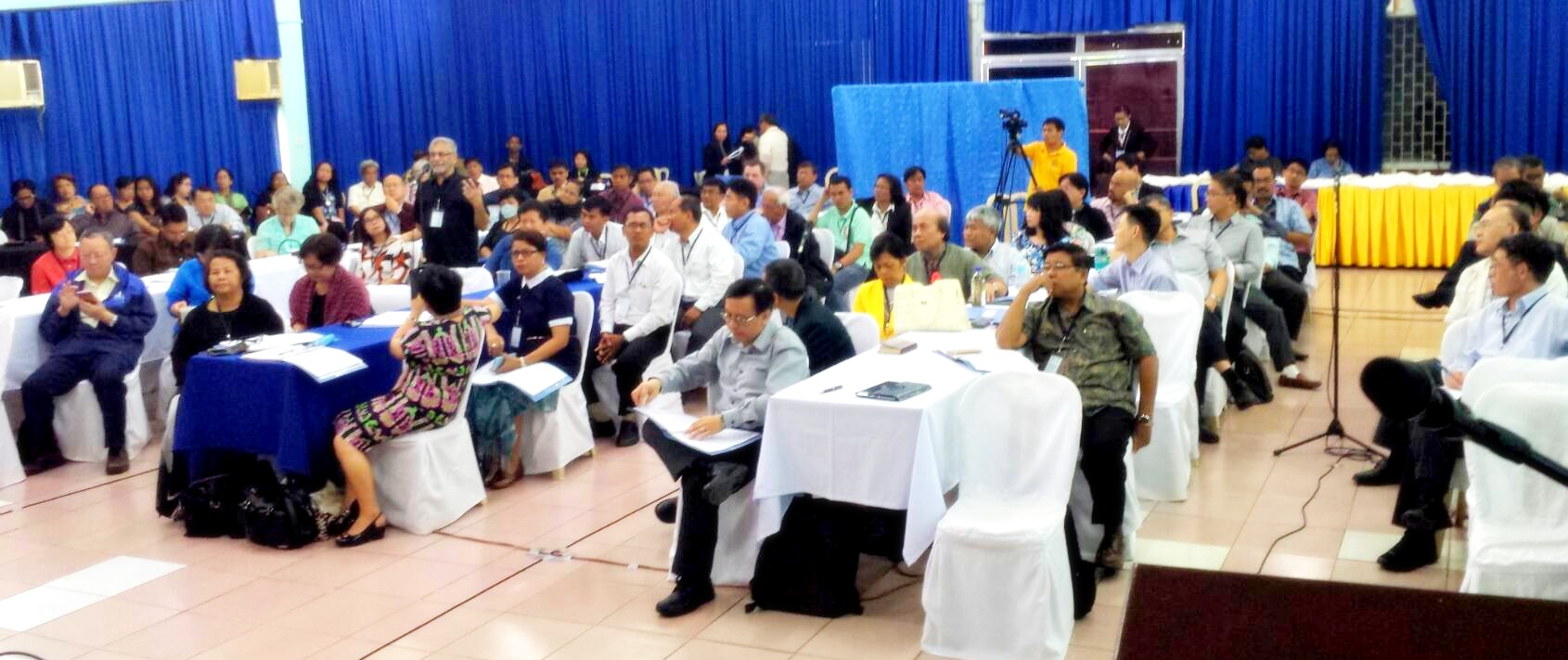“The critical Asian principle” in Asian theology and theological education needs to be revisited, says CCA General Secretary at ATESEA Assembly

Genuine attempts made by the Asian ecumenical theological educators in the past in identifying “what is distinctively Asian as the critical Asian principle” in theology and theological education in Asia needs to be revisited by contemporary Asian theological educators,” said CCA General Secretary Dr. Mathews George Chunakara at the General Assembly of the Association for Theological Education in South East Asia (ATESEA).
The Assembly is being held at the Central Philippine University, Iloilo, Philippines from 20-22 March 2017.
Addressing delegates at the opening session of the Quadrennial General Assembly of ATESEA, CCA General Secretary said that, “Asian theologians have made significant and specific contributions with more Asian authenticity during the past several decades. However, what we are lacking today in Asia is sufficient contextualisation in theology and we are still lagging behind in terms of finding distinctly Asian theology which could contribute to the universal Church.”
“What is happening evinces more dependency to certain particular directions instead of sharing of rich experiences and resources within and beyond Asia.”
The CCA General Secretary added that, in the current programme structure, CCA has given special emphasis on contextual theology, through which various programmes are being carried out at regional and national levels to strengthen ecumenical theological orientation.
The Director of ATESEA, Dr. Limuel Equina observed in his report to the Assembly that, “while the situations and contexts in Asia have changed since ATESEA was founded 60 years ago, the fundamental challenge to theological education remains valid in addressing the emerging needs.”
About 90 ecumenical theological educators from 62 theological institutions belonging to the ATESEA membership are attending the General Assembly.
ATESEA, founded in 1957 with 16 theological schools in Asia, has a membership of 93 theological institutions in several countries and regions in Southeast and East Asia.










